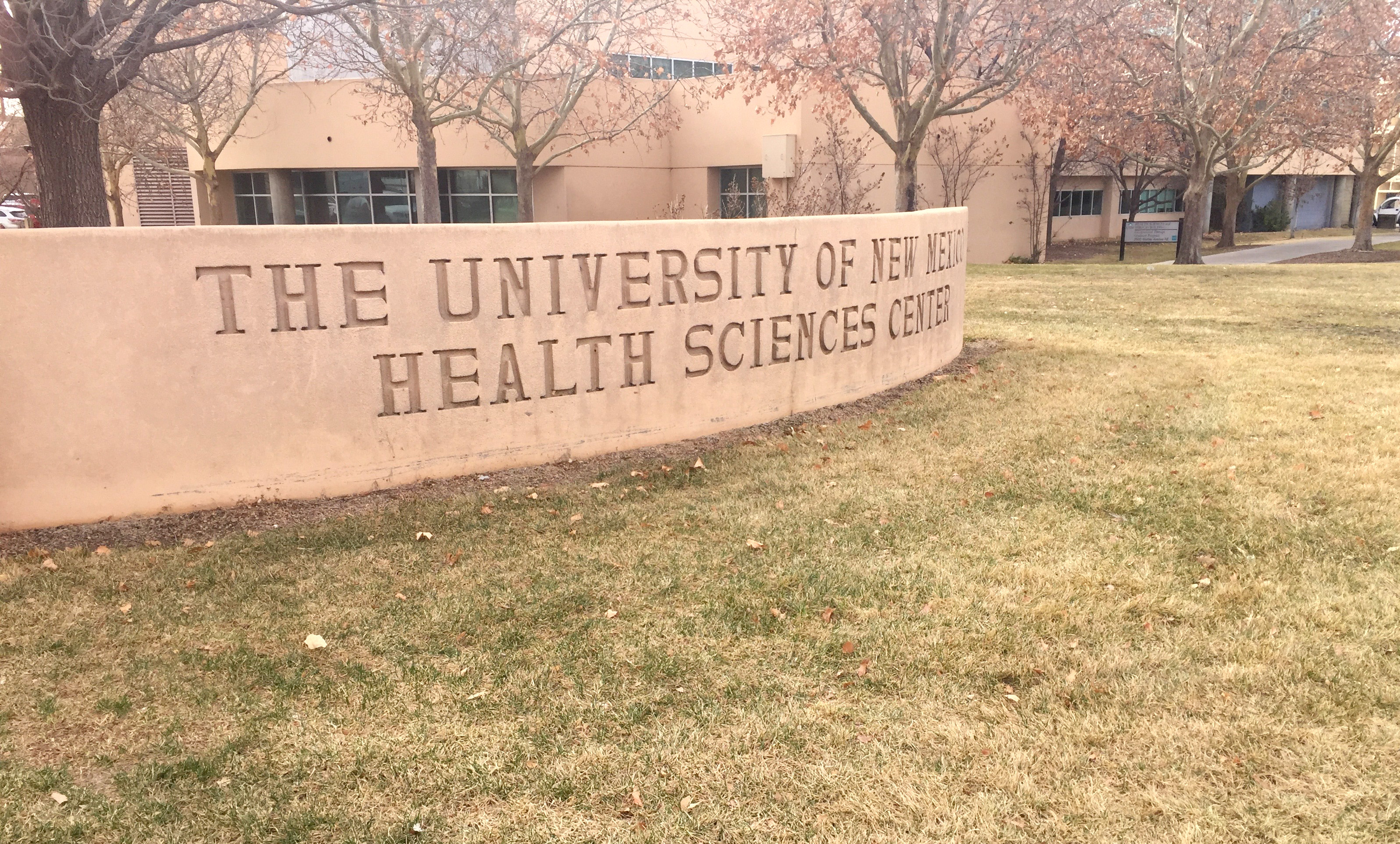New TREE Center aims to foster new collaborations and share research

Researchers at the University of New Mexico recently received $7 million in federal grant money from the National Institute of Minority Health Disparities (U54 MD004811-06) to fund the Transdisciplinary Research, Equity and Engagement Center for Advancing Behavioral Health (TREE Center). This five-year transdisciplinary research center of excellence aims to test multi-level behavioral health interventions, promote the training of a diverse research workforce, disseminate research findings, and foster innovative collaborations and partnerships. The TREE Center is rooted in co-leadership with four PI’s from the health sciences and main campus including Dr.’s Lisa Cacari Stone, Population Health; Steve Verney, Psychology; Gabriel Sanchez, Political Science; and Maria Braveheart, Psychiatry.

One big emphasis of the TREE Center is working with communities to conduct research, rather than on a community or in a community. Dr. Gabriel Sanchez, one of the four principal investigators, said that from the beginning of the project, community engagement was a priority. The center wants to focus on work that stems from the community, said another principal investigator on the project, Dr. Maria Yellow Horse Brave Heart.
“We wanted to make sure we were doing our best to help our people to heal,” Brave Heart said.

The TREE Center is an important research initiative that implements solutions for combatting the impact that oppression, high crime rate, and poverty in the state and in tribal communities in other regions have on mental health and substance abuse, Brave Heart said.
“But it’s also a rich opportunity…for integrating this type of research that could be helpful and interesting to look at a model perhaps for other locations,” she said.
In fact, the two primary research projects are focused on working with grassroots leaders in evaluating individual, family, community and policy protective factors for the well-being of American Indian youth and for new immigrants. Other pilot grants will be awarded annually based on the promise of community, systems and policy interventions for tackling the social determinants of behavioral health in diverse areas of the state.

The TREE Center also fosters team work and institutional research capacity across main and HSC campus with 18 scientific co-leads and researchers, a dozen national and local senior scientific mentors, students, program managers, a social media specialist and starting with 50 state, regional and national stakeholders. The investigators hope that this project will be sustained past the five-year mark, and make an impact nationally as well as locally, particularly due to the work done within tribal communities, Brave Heart said.
“It’s not going to be just at the state level,” Brave Heart said.
For more information on the TREE Center contact Lisa Cacari Stone, PhD, Director at lcacari-stone@salud.unm.edu.

